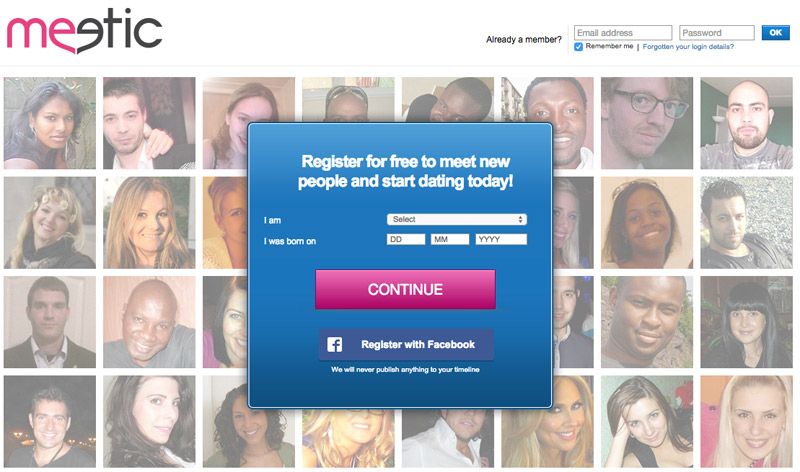The CNIL, France’s independent data protection organization, has released a document outlying 13 dating sites who have received a formal reprimand from CNIL regarding their use of user data. In the published release, the CNIL states that 8 companies which operate 13 dating websites were inspected and found to have broken several user data laws – the reprimanded actions include:
1) Not explicitly notifying users about storage of sensitive data, including bedroom preferences, religious practices & political opinions.
2) Not deleting profiles of users who have either explicitly requested that their account be removed or who have stopped using the service for an extended period of time.
3) Not informing users of their rights with respect to user data & cookie policy.
Some bigger websites have been caught up in the mix – Meetic, Adopte un Mec & Attractive World – but also, some less well-known dating websites like Rencontre Obese (obese dating), Gauche Rencontre (socialist dating), and others. The notification explains that, if the 8 companies behind the listed websites comply with the requests in the release (which include examples and links to best practices), there will be no legal action taken; however, this is just the latest light shed on misleading data practices by mobile apps.
Earlier this Month, it was revealed that Uber’s infamous real-time geolocalized map of Uber drivers in your area isn’t as real-time as the user was led to believe – indeed, an Uber spokesperson called it more of a ‘screen saver’ than a real-time map.
Incidents like these raise questions about user rights, specifically around trust & privacy. If an app leads me to believe something is real-time, should it be OK if that turns out to be false? Is that not the same as false advertising? If I delete my account from a dating site, and my information doesn’t get deleted from their servers, or, worse, the app uses my account information to make it appear I am still on the app, is that OK? Are these practices that we want to have happen 15 years from now?
In the real world, if you advertise prices as being lower than they are, you can be held to the advertised price. If a mobile app advertises a certain feature and it turns out to be false, shouldn’t that app be held accountable? Apps now tell us when our friends last logged in, they let us know what our friends are doing on the platform, what they like, and provide us increasingly detailed information. That information is perceived as valuable and informs decisions by users that ultimately lead to them using or not using the product – what are the implications if the very features, calls-to-action & data points that locked us into the service in the first place turn out to be falsified?
Did you like it? 4.5/5 (22)


